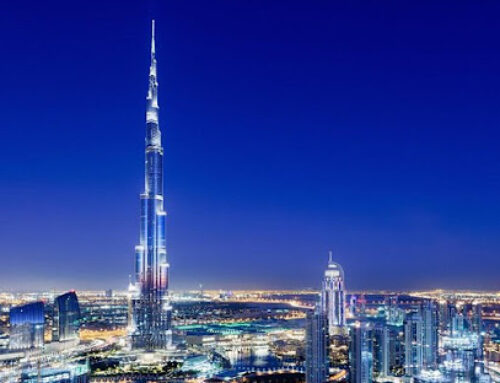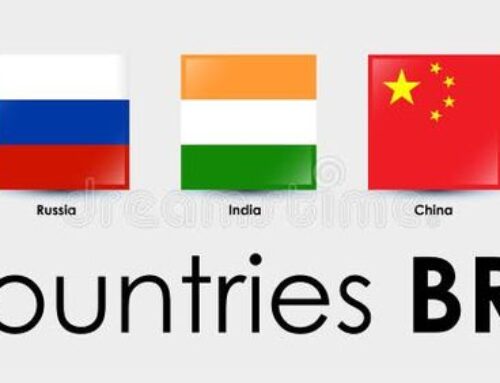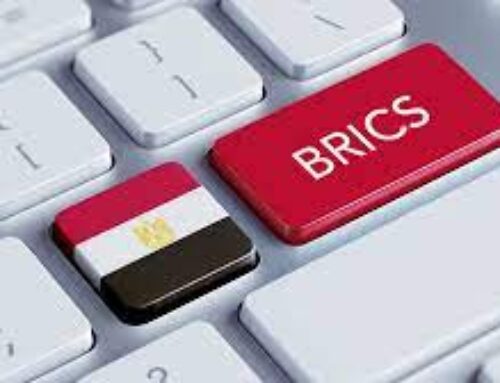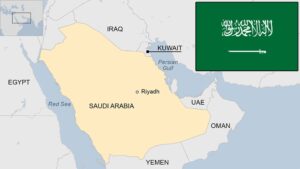
Saudi Arabia is a nation in Western Asia that shares borders with Iraq and Jordan to the north, Oman to the southeast, Yemen to the south, Kuwait, Qatar, Bahrain, and the United Arab Emirates to the east. The Persian Gulf is to the east and the Red Sea is to the west. It is the second-biggest nation in the Arab world and the largest on the Arabian Peninsula.
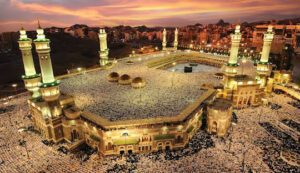
Saudi Arabia is renowned for its abundant oil reserves, Islamic ancestry, and stringent religious regulations. Mecca and Medina, the two holiest places in Islam, are located in this nation, and millions of Muslims travel there on pilgrimage every year. Additionally, Saudi Arabia exports a lot of oil, which supplies the lion’s share of its national income.
Recently BRICS Invited six countries to join officially. Including Iran, UAE, Ethiopia Argentina, and Egypt. What is the history of this country? In this blog post, I am writing about them.
In the early 19th century, the Saudi state was conquered by the Ottoman Empire. The Saudis regained their independence in 1902 under the leadership of King Abdulaziz ibn Saud. After World War I, King Abdulaziz began to expand his territory. In 1925, he conquered the Hejaz region, which is home to the holy cities of Mecca and Medina. In 1927, he conquered the Asir region. In 1932, he united all of his territories to form the Kingdom of Saudi Arabia. Saudi Arabia became a major player in global affairs after the discovery of oil in 1938. The country’s oil wealth has allowed it to invest heavily in development and play a leading role in the Organization of the Petroleum Exporting Countries (OPEC).
Culture of Saudi Arabia
Saudi culture is deeply influenced by Islam. The Quran and the Hadith are the primary sources of Islamic law, which governs all aspects of life in Saudi Arabia. Saudi society is conservative and traditional. Family values are highly important, and the extended family plays a significant role in people’s lives. Saudi Arabia is a multilingual and multicultural society. Arabic is the official language, but English is widely spoken in business and government. Other languages spoken in Saudi Arabia include Urdu, Tagalog, and Somali. Saudi Arabia has a rich cultural heritage, including music, dance, poetry, and visual arts. The country is also home to several museums and historical sites.
Oil Discovery and Economic Boom
In the heart of the Arabian Peninsula, a land of vast deserts and rich cultural heritage lay a kingdom on the cusp of a transformative era. In 1933, the discovery of oil in Dammam marked a turning point in Saudi Arabia’s history, igniting an economic boom that would propel the country into the global spotlight.
The newfound wealth from oil transformed Saudi Arabia from a traditional desert society into a modern nation. The government, led by King Abdulaziz ibn Saud, embarked on an ambitious modernization drive, investing heavily in infrastructure, education, and healthcare. New cities emerged roads and highways crisscrossed the land, and schools and hospitals were established across the kingdom.
The oil boom also brought about significant social changes. Traditional lifestyles gave way to modern urban living, and the role of women in society began to evolve. Education and employment opportunities for women expanded, and they increasingly participated in public life.
The Rise of a Global Powerhouse
Saudi Arabia’s oil wealth and strategic location quickly propelled it to a position of prominence on the global stage. The country became a major player in regional and international affairs, using its oil resources to exert influence and advance its interests.
Under the leadership of King Faisal in the 1970s, Saudi Arabia played a pivotal role in the establishment of OPEC, the Organization of the Petroleum Exporting Countries. OPEC’s influence on global oil prices gave Saudi Arabia considerable power in international markets and enabled it to pursue its strategic objectives.
The kingdom also became a major donor to Islamic causes and institutions, promoting its vision of Islam and its role as a leader in the Muslim world. Saudi Arabia’s support for Islamic education, cultural initiatives, and humanitarian assistance extended its influence across the Islamic world.
Balancing Modernization with Tradition
While embracing modernization, Saudi Arabia sought to preserve its cultural identity and religious values. The government implemented policies that promoted Islamic values and cultural heritage, ensuring that the country’s development did not come at the expense of its traditions.
The kingdom’s commitment to preserving its heritage was evident in its support for the arts, literature, and cultural institutions. It also maintained a strong focus on religious education, ensuring that the Quran and Islamic teachings remained central to the lives of its people.
Diversification and the Path to a Sustainable Future
In recent decades, Saudi Arabia has recognized the need to diversify its economy and reduce its reliance on oil. The government has launched ambitious initiatives to promote non-oil sectors, such as tourism, technology, and renewable energy.
The kingdom’s Vision 2030, unveiled in 2016, outlines a comprehensive plan to transform the economy, create jobs, and enhance the quality of life for its citizens. The vision emphasizes the development of non-oil sectors, the promotion of innovation and entrepreneurship, and the creation of a more diversified and resilient economy.
Entry into BRICS and a Global Role
In 2022, Saudi Arabia’s growing economic and political stature was recognized with an invitation to join BRICS, an alliance of emerging economies that includes Brazil, Russia, India, China, and South Africa. This invitation signaled the country’s acceptance as a major player on the global stage.
Saudi Arabia’s membership in BRICS is expected to further strengthen its economic and political ties with other emerging economies, providing new opportunities for collaboration and growth. The kingdom’s participation in the alliance is also seen as a step towards a more multipolar world order, with emerging economies playing a more prominent role in global affairs.

